Barely a fortnight into being released into the wild, ChatGPT, the “human-like” AI language model developed by OpenAI, has already generated millions of conversations. The typical user is at the same time astonished and afraid. Is humankind a step closer to being replaced by machines?
Anyone who learned about artificial intelligence in the movies knows that these fears are not unfounded. The software, which was fed a massive dataset of human conversations, will tell you that it is able to “learn” the patterns and structures of human language, as well as the context and meaning of words and phrases, which allows it to generate human-like text responses in conversation.
But its definition of “meaning” here is limited to a word’s definition, and at this point in existence, “meaning” as in semantics is still something only humans can process and communicate. OpenAI co-founder and CEO Sam Altman himself says that ChatGPT is “incredibly limited.”
ChatGPT is incredibly limited, but good enough at some things to create a misleading impression of greatness.
— Sam Altman (@sama) December 11, 2022
it's a mistake to be relying on it for anything important right now. it’s a preview of progress; we have lots of work to do on robustness and truthfulness.
Nonetheless, the tool has generated a host of interesting use cases in the past week, and it’s easy to see how, as Box CEO Aaron Levie puts it, “everything is going to be different going forward.”
In the past week, ChatGPT has aced a bar exam practice test, written a meta-story, developed a movie synopsis complete with character descriptions, written code (and pretended to help save someone from getting axed at Twitter), and drafted a merger LOI.
Maybe we’ll even finally see the ending.
The ultimate use case for ChatGPT… https://t.co/tor6jQSxQ9
— M.G. Siegler (@mgsiegler) December 8, 2022
But more than writing things for users, the tool’s main goal is to transform the way humans interact with machines and make it a more natural, conversational experience. This means that humans can basically connect to a machine and ask it to do complex things that could be beyond the human’s scope of knowledge or understanding. So more than automating what the user can already do, ChatGPT can make things for the user, just by being fed prompts.
ChatGPT was able to create a spreadsheet to help this journalist process data, it was also able to “brainstorm” with this user to write a children’s story and create the prompts that were fed to MidJourney to create the artworks (the guy was able to create and publish an entire “illustrated” book over the weekend), and it was able to help this 11-year-old make a now-playable game. The tool has also brought about a host of products and trials that can help with productivity.
In its current iteration, ChatGPT has already achieved and helped humans achieve some pretty astonishing things. But circling back to what Altman said, ChatGPT is “good enough at some things to create a misleading impression of greatness.”
It is rife with fails and misconceptions as it doesn’t really understand the way humans do, and is infected by the biases of the massive breadth of human-sourced information fed to it.
So it’s best to remember that what it is is just a super-powered correlation machine — and one that’s also only a reflection of the extent of our collective knowledge — and not in itself a solution.
Okay, but still…
ChatGPT has been out less than two weeks and it has more apparent use cases than the entirety of blockchain.
— Chris Ford (@ctford) December 10, 2022
Information for this briefing was found via OpenAI, Twitter, and the sources and companies mentioned. The author has no securities or affiliations related to this organization. Not a recommendation to buy or sell. Always do additional research and consult a professional before purchasing a security. The author holds no licenses.





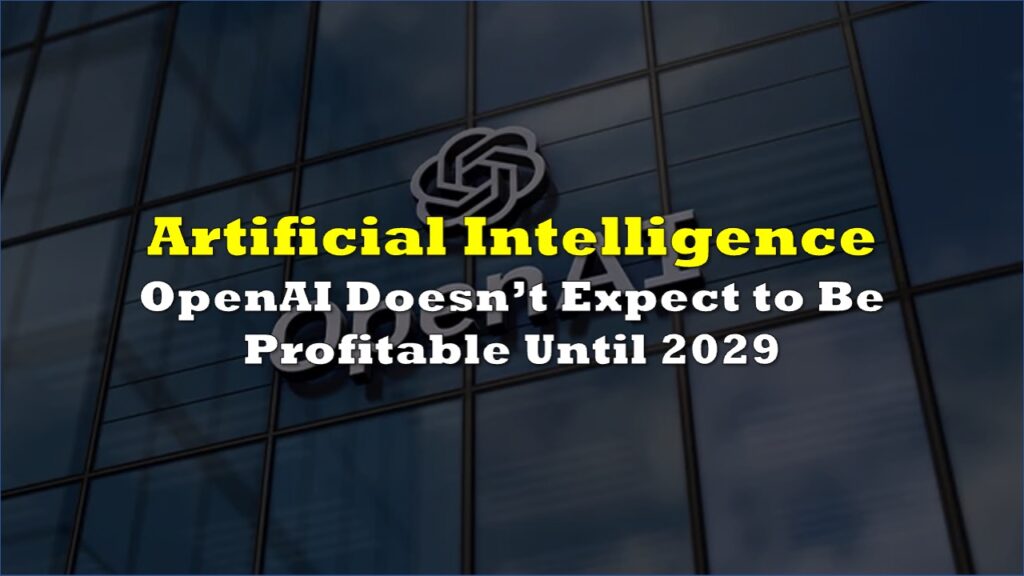
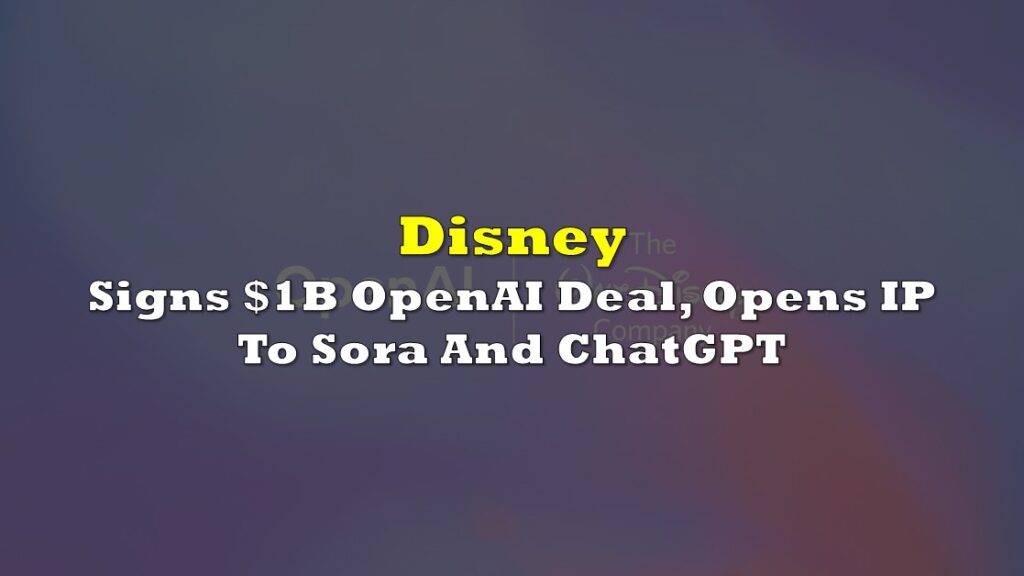
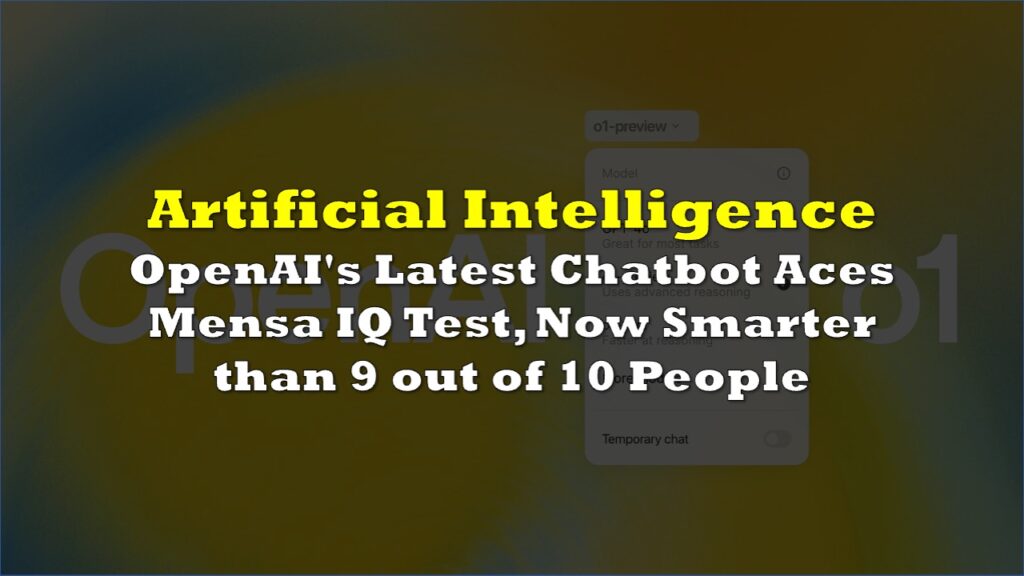
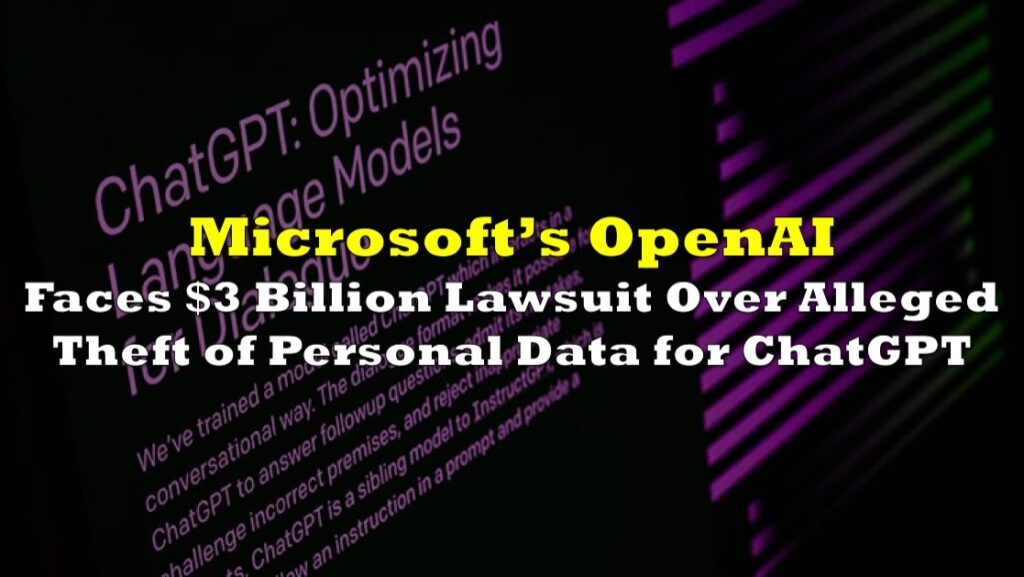
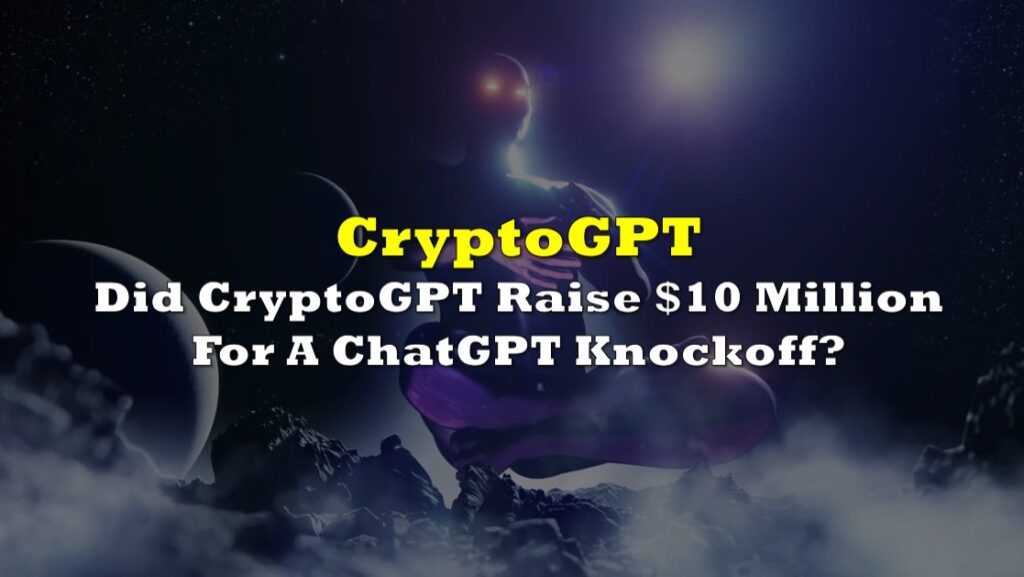
One Response
https://pbfcomics.com/comics/automatic-business/